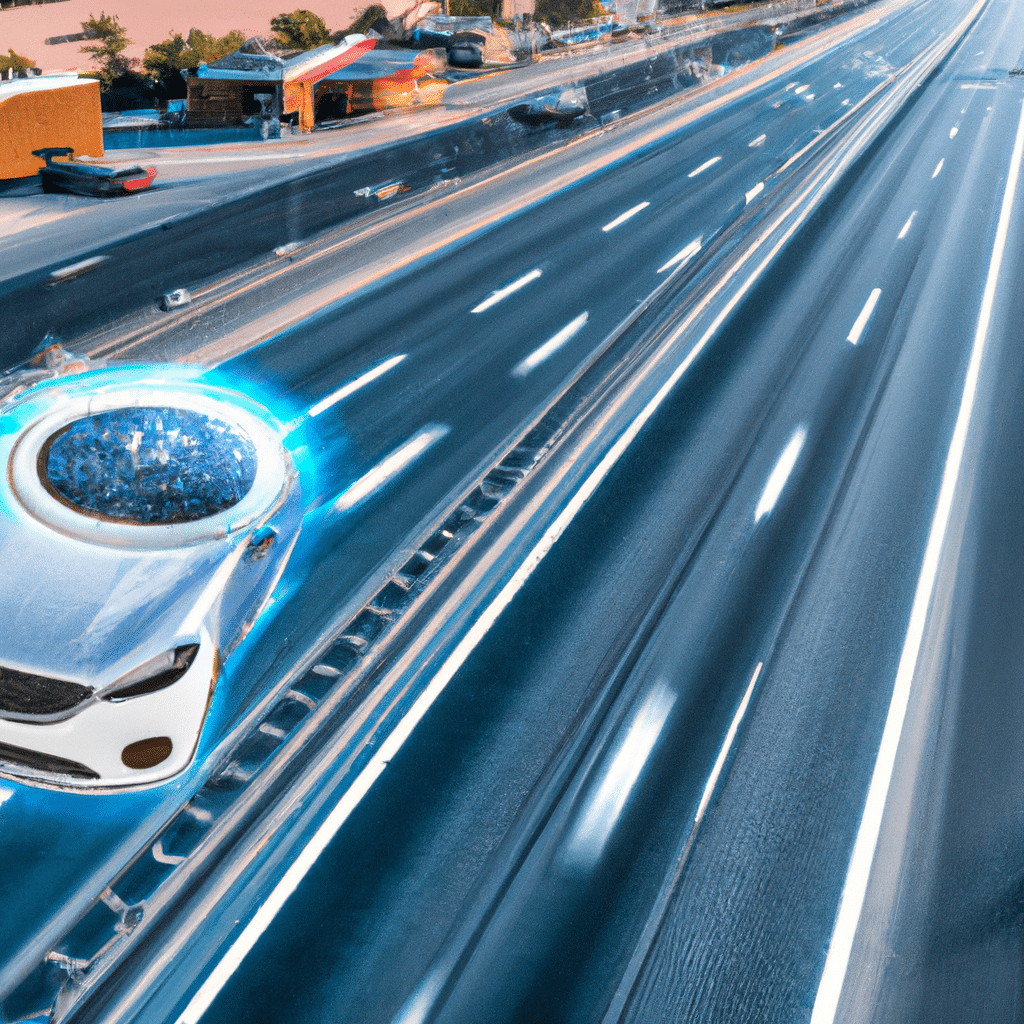The Future of Transportation with AI Technology
The future of transportation is changing rapidly with the introduction of AI technology. The integration of AI in transportation has the potential to revolutionize the way we move people and goods around the world. This technology has the ability to improve safety, reduce traffic congestion, and increase efficiency. In this article, we will explore how AI is changing the transportation industry and what the future holds for this exciting technology.

What is AI Technology in Transportation?
AI technology in transportation refers to the use of artificial intelligence to improve various aspects of transportation. This includes everything from self-driving cars to intelligent traffic management systems. The goal of AI technology in transportation is to create a more efficient and safer transportation system.
Self-Driving Cars
One of the most significant developments in AI technology in transportation is self-driving cars. Self-driving cars use a combination of sensors, cameras, and machine learning algorithms to navigate roads without human intervention. These cars have the potential to reduce accidents caused by human error and increase the efficiency of transportation systems.
Intelligent Traffic Management Systems
Another area where AI technology is changing transportation is in traffic management systems. Intelligent traffic management systems use AI algorithms to analyze traffic patterns and adjust traffic signals in real-time. This can help reduce traffic congestion and improve the flow of traffic.
Logistics and Supply Chain Management
AI technology is also being used to improve logistics and supply chain management. Intelligent systems can analyze data to optimize routes, reduce delivery times, and improve inventory management. This technology can help reduce the cost of transportation and improve the efficiency of supply chain operations.
Urban Mobility
AI technology is also being used to improve urban mobility. Intelligent transportation systems can help optimize public transportation routes, reduce wait times, and improve the overall passenger experience. This technology can also help reduce traffic congestion and improve air quality in urban areas.
Challenges and Opportunities
While AI technology has the potential to revolutionize the transportation industry, there are also challenges that need to be addressed. One of the biggest challenges is the need for robust cybersecurity measures to protect against cyber attacks. Another challenge is the need for regulations and policies to ensure the safe and ethical use of AI technology in transportation.
Despite these challenges, the opportunities presented by AI technology in transportation are enormous. With the continued development of this technology, we can look forward to a future where transportation is safer, more efficient, and more sustainable.
Conclusion
AI technology is changing the way we think about transportation. From self-driving cars to intelligent traffic management systems, this technology has the potential to revolutionize the transportation industry. While there are challenges that need to be addressed, the opportunities presented by AI technology are enormous. The future of transportation is exciting, and we can’t wait to see what the future holds.












